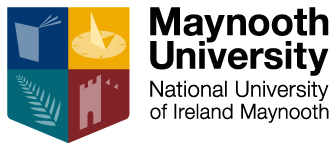| |
This module explores the continuity and evolution of the Roman Empire in the period stretching from the late third to the sixth century AD. It focuses on a critical time of transition which saw rapid and sometimes unexpected changes in the political, religious and cultural context in the Western Empire. Students are exposed to merging cultures (Roman and ‘barbarian’), political systems (empire and kingdoms), and religions (polytheism and Christianity), and a journey through the fascinating shift from the Ancient to the Early Medieval world. Topics include the shaping of early Christianity through internal controversy at the time of its rapid institutionalization, the social and imperial responses to Christianity, and the intermingling of imperial and religious roles and its profound impact on the power dynamics of the Medieval political landscape. Episodes of social upheaval such as the Arian controversy in Alexandria and the Donatist schism in the Church of Carthage will also be studied. By reading a broad range of historical, literary and philosophical sources ranging across the Late ancient Mediterranean, such as the legislation of emperors Constantine and Justinian, and the first-hand accounts of key figures of Late Antiquity such as Julian ‘the Apostate’ and St Augustine, the module will also explore diverse manifestations of Christian worship, such as the ascetic movement, martyrdom, and monasticism, as well as radical changes in the way society re-conceptualised ideas of masculinity, femininity, and family dynamics.
|
 LATE ANTIQUITY: THE CLASSICAL WORLD IN TRANSITION
LATE ANTIQUITY: THE CLASSICAL WORLD IN TRANSITION

